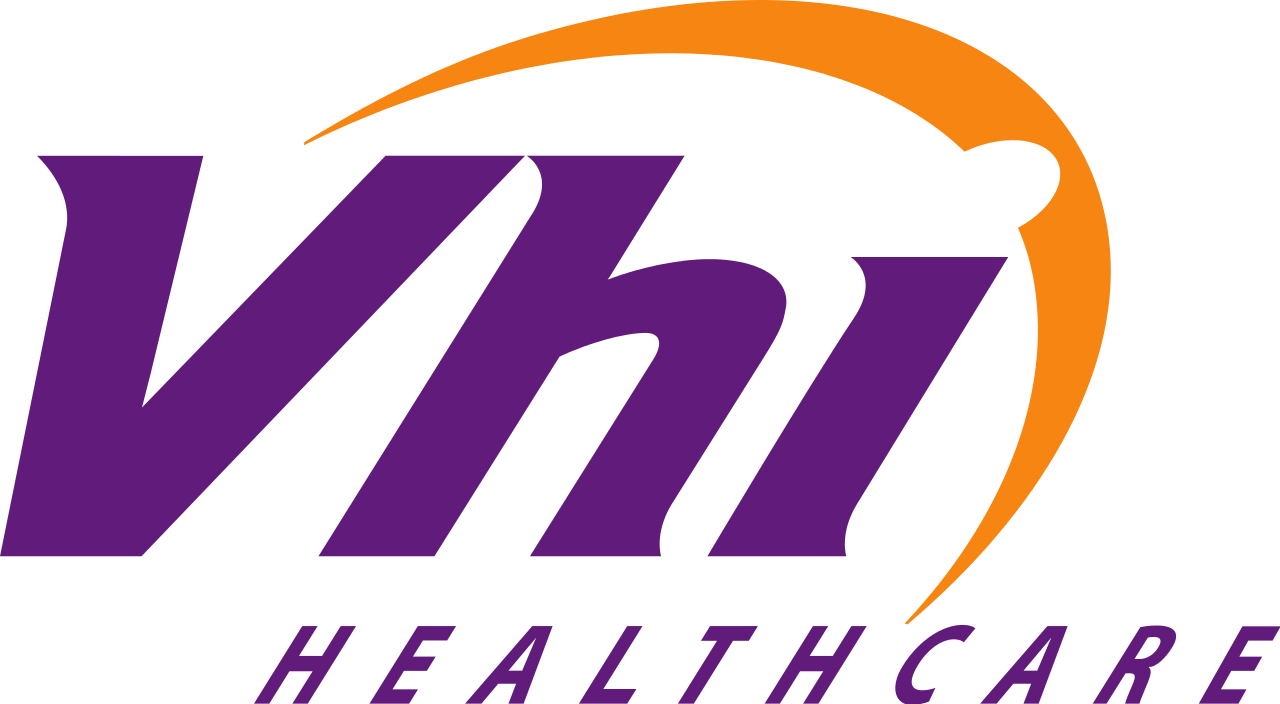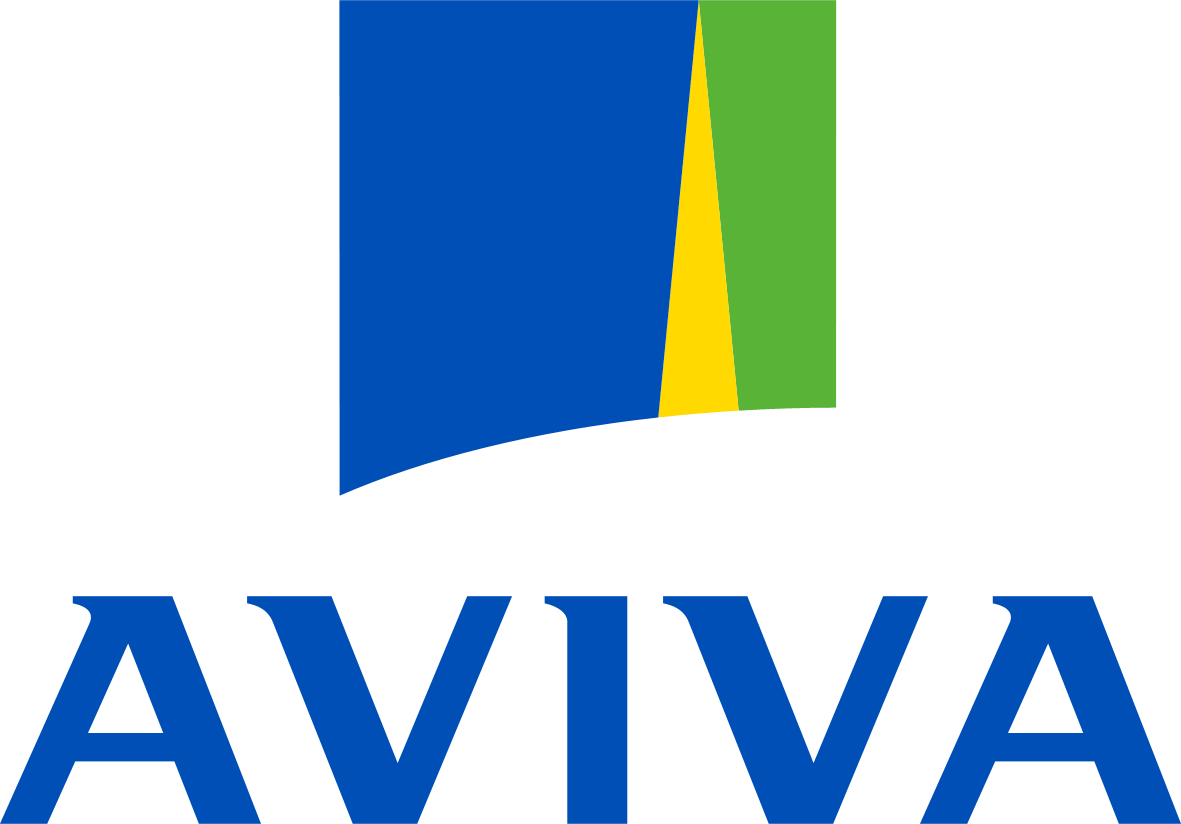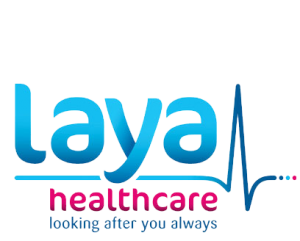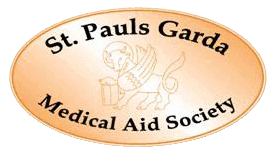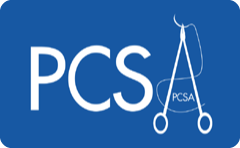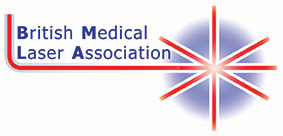Acne and Rosacea
 Download this information as a PDF
Download this information as a PDF
While most teenagers will develop some degree of acne it is usually quite mild with occasional spots and pimples that clear up quickly. Unfortunately a small number of people can get quite troublesome acne which can have a major impact on their life. Many of these people become extremely self-conscious, shy and withdrawn. Fortunately all forms of acne, even the most severe, can now be cleared up with safe effective treatments.
 Download this information as a PDF
Download this information as a PDF
MANAGEMENT OF ACNE IN GENERAL PRACTICE
“The Pulse Dye Laser treatment is the biggest breakthrough in the treatment of Acne Vulgaris in twenty years” – Dr Tony Chu.
Acne is the most common skin problem seen by GP’s, especially at this time of the year. Although 85% of teenagers get acne only a small number of these will need help from their GPs. While most teenagers will grow out of their acne eventually, I have many patients who drag into their twenties, thirties or even into their forties with acne. My personal record is a man in his sixties with acne on his back. Some people, especially women, will only start developing their acne in their twenties (late onset acne) and these cases can drag on for many years.
 Download this information as a PDF
Download this information as a PDF
Acne is due to an excessive oil production in the skin. This usually results in blocked pores (blackheads and whiteheads) which eventually progress into pimples and spots. When treating acne it is important to reduce the oiliness of the skin with various products. Differin gel is excellent for oily skin where there is a lot of blackheads or whiteheads. However, this product may cause discomfort if not used properly.
 Download this information as a PDF
Download this information as a PDF
Rosacea is a red facial rash that most often affects those aged 30 to 60, especially those with fair skin, blue eyes and of Celtic origin. It may be transient, recurrent or persistent.
 Download this information as a PDF
Download this information as a PDF
Roaccutane (Isotretinoin or 13-cis retinoic acid) is a very effective medication for the treatment of acne. It is a retinoid; this means it is derived from vitamin-A (retinoic acid). The liver naturally makes small quantities of Roaccutane from vitamin-A, but the drug we prescribe is made synthetically. Roaccutane has been available since 1882. In Ireland Roaccutane is available as 5 mg and 20 mg capsules. In other countries, there are other brands of Roaccutane including Accutane® and Oratane®. Most people receive a course of Roaccutane for 16 to 30 weeks (4 to 7 months), but some require it for longer. If necessary, it can be prescribed for children as well as adults. If you are prescribed Roaccutane it is very important you read and understand about the medication. Ask your dermatologist to explain anything you do not understand. Do not give your medication to anyone else. Do not start the medication if you are pregnant, and do not become pregnant during treatment as this medication may cause major birth defects. Do attend all booked appointments with your dermatologist. Do not hesitate to phone your doctor or dermatologist if you have any concerns about your treatment.
 Download this information as a PDF
Download this information as a PDF
Roaccutane (isotretinoin): What patients need to know
Roaccutane (also known as isotretinoin) is an extremely effective medication for the treatment of severe or resistant acne. It is derived from vitamin A. Doctors have gained a lot of experience with this drug, which was first launched in 1982. Most patients need between four to nine months of treatment depending on the severity and extent of their acne. Almost all patients respond to Roaccutane, even those with severe, resistant acne. Most patients, who clear with acne, will remain clear for a long period of time and many will be permanently cured of their acne. However, about one in three patients may relapse a few months or a few years after completing a course of Roaccutane. These patients may respond to less potent forms of acne treatments or may require another course of Roaccutane.



